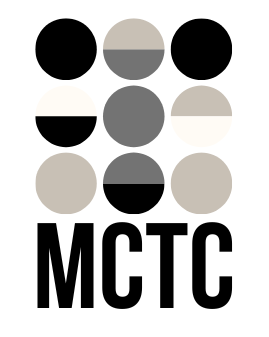True consultancy, designed to set you up for success!
At MCTC Ltd, we specialize in change and transformation consultancy, helping businesses navigate complex transformations with clarity and confidence. Whether you need expert guidance in project management, PMO setup, business transformation, or strategic change, we ensure your organization is set up for long-term success.
Professional transformation consulting
Expert consulting –
not just for businesses
not just for businesses
Our approach is built on practical expertise, best practices, and a people-first methodology—because real change happens when people, processes, and technology align. We don’t just provide recommendations; we work alongside you to implement sustainable improvements, streamline operations, and optimize governance structures to ensure measurable results.
With experience across public and private sectors, including government agencies, financial services, technology firms, and defense organizations, we deliver solutions that drive efficiency, enhance project success rates, and create long-term value. Our consultants are not just advisors—they are hands-on experts committed to making a real impact.

